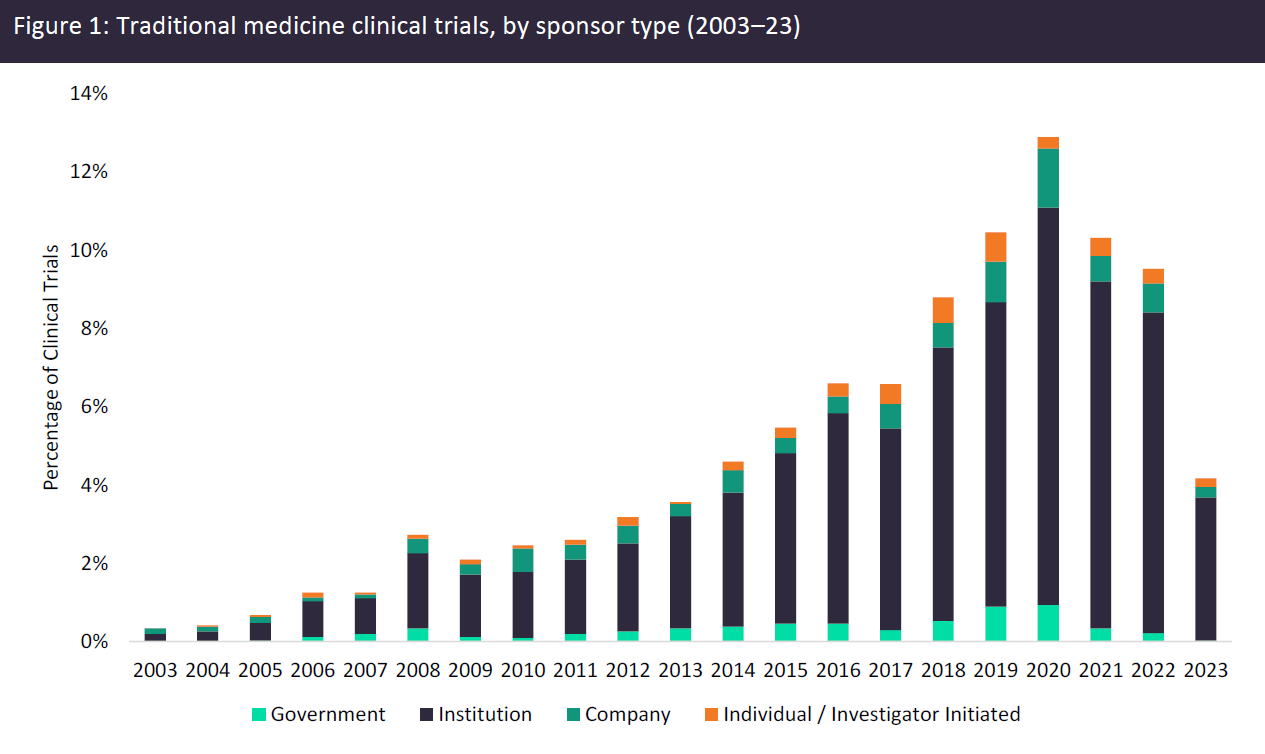The First WHO Traditional Medicine Global Summit was convened by the United Nations’ health agency, the World Health Organization (WHO), in collaboration with the Indian Government on 17 August 2023 in Gandhinagar, India. The two-day summit saw the WHO approve an official strategy for traditional medicines, making the controversial pledge to support the scientific collaboration necessary for traditional medicine to be integrated into conventional healthcare. This came after 170 of the 194 WHO member states acknowledged the use of these medicines, and their governments then requested that the WHO build the evidence and data necessary to inform policies, standards, and regulations in relation to traditional medicines. This announcement was greeted with split opinions, as many urged the WHO not to lose focus and advocated for efficacy of medicine to be solely measured by scientific parameters. Additionally, some were dubious about the quantity of clinical studies demonstrating the efficacy of these medicines. However, GlobalData’s Clinical Trials database reveals that the number of clinical trials utilising traditional medicines has greatly increased over the last two decades (Figure 1, above).
The WHO defines traditional medicine as the knowledge, skills, and practices based on the theories, beliefs, and experiences indigenous to different cultures used for the maintenance of physical and mental health. Traditional medicine is used by around 80% of the world’s population, it is the first resort for millions of people worldwide, and the demand is increasing. Regardless of skepticism from various experts, the significant contributions traditional medicine has made to human health is well documented. Around 40% of the approved pharmaceutical products used today are derived from natural substances, whose roots can be traced back to ancient healing practices. This understanding between the health of humans and the environment around us is a fundamental principle of traditional medicine and is shared with conventional healthcare.
The WHO has pledged its commitment to unlocking the potential of traditional medicine by bringing evidence and scientific validation to the field of traditional medicine. The efforts were already in full swing last year as it set up a global center for traditional medicine in Jamnagar, India. As billions continue to rely on traditional medicine, it is important that the WHO provide a global standard for traditional medicines to allow people to make informed decisions about how to best protect themselves. Additionally, the integration of traditional medicines into states’ healthcare services has the potential to bridge access gaps for millions globally. According to GlobalData’s Clinical Trials database, many institutions have joined the WHO in its efforts to scientifically validate traditional medicines, as non-industry sponsors are driving the growth of traditional medicine clinical trials (Figure 1). Nevertheless, substantial rigorous research regarding traditional medicine is needed before it can be included into the WHO guidelines and policies.






